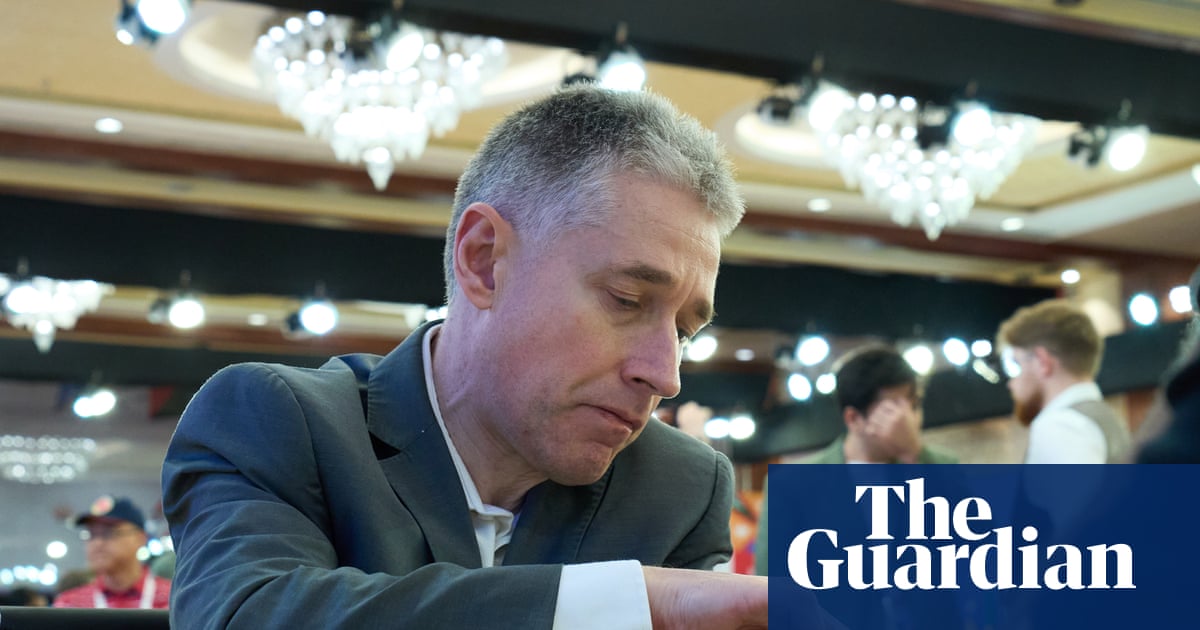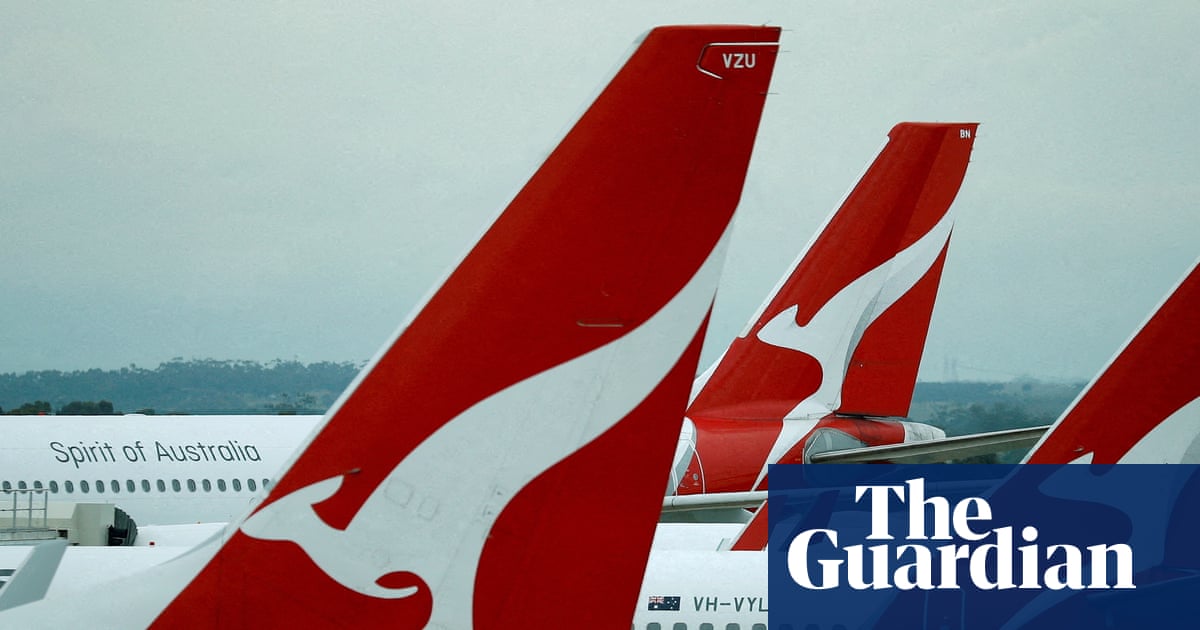Airline and airport staff should have mandatory training in disability and accessibility awareness, a government taskforce has urged, to ease the stress, confusion and harm experienced by the growing numbers of passengers requiring assistance to travel.
A report from the group, led by the crossbench peer and former Paralympian Tanni Grey-Thompson, said the experience of flying for disabled people “can be ad hoc, inconsistent and sometimes catastrophic”.
It said clearer information and standard practices should be adopted across the industry for mobility equipment and guide dogs, along with improved accessibility and complaints procedures.
Disabled passengers had given “multiple examples of being treated in an undignified manner” by airport security staff and said security was a “key area of anxiety and concern”, the taskforce said.
A series of stories of disabled passengers being badly let down by airlines and airports have hit the headlines in recent years. The BBC security correspondent Frank Gardner described last October how he had to “crawl to the toilet” on a flight and said he had been left stuck on landed planes at least four times. In 2022 an elderly man requiring assistance fell down an escalator at Gatwick and later died.
Lady Grey-Thompson’s report warns of “a clear gap in the training and awareness of security staff in the treatment of disabled passengers and their equipment”, and it says ground staff need training to “understand the importance of equipment and the impact of damage on passengers”.
It highlights widespread confusion for passengers in booking and airline policies on seats, companions and assistance dogs, or travelling with health conditions that require medical equipment such as oxygen or medication. The group also found there was limited awareness of non-visible impairments, contributing to “unintentional exclusion and undignified treatment”.
They said more work was needed to address mobility aids, with many stowed in the hold and damaged, and passengers sometimes denied boarding due to battery safety requirements, causing “significant stress, inconvenience and in some cases physical harm”.
Grey-Thompson said there were “tough challenges” but the scope for action was limited by the international nature of aviation, meaning following the 19 key recommendations in the report would owe more to goodwill than enforcement.
The former wheelchair athlete, who has herself been left stranded on planes and trains, added: “Some of the cases of poor experiences hit the media headlines but the reality is most do not.”
According to data from the Civil Aviation Authority, 5.5 million passengers requested assistance at a UK airport in 2024, approximately 1.9% of all passengers – a proportion 40% greater than just before the pandemic, and double that in 2010.
The transport secretary, Heidi Alexander, said: “Everyone should be able to travel with dignity and be respected at every stage of their journeys, including disabled passengers. That’s why we established this group in November last year, and I welcome this report’s findings which will clear the runway for greater accessibility in aviation. I know industry is working hard to make services more inclusive for all and I look forward to seeing these proposals becoming a reality.”
Tim Alderslade, the chief executive of Airlines UK, said: “As demand for assistance services continues to increase, airlines remain committed to removing barriers so that flying is accessible to all.”
Karen Dee, the chief executive of AirportsUK, said: “The recommendations in this report will help build on the work already being done by airports and the wider sector to ensure air travel is accessible to all.”

 3 months ago
60
3 months ago
60

















































